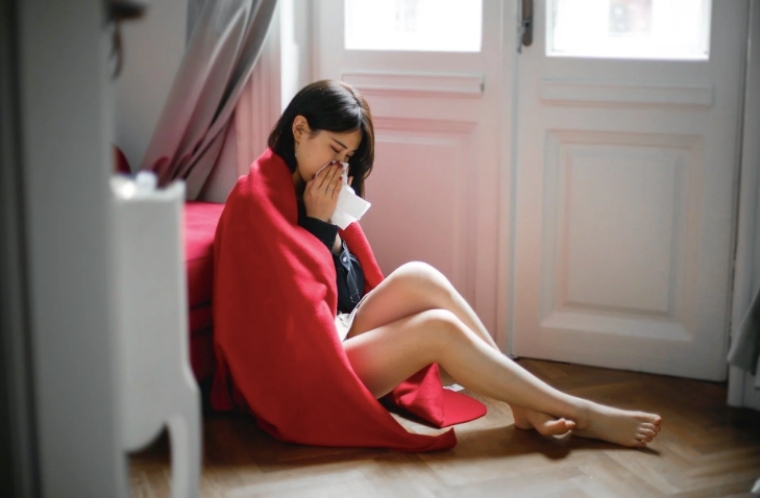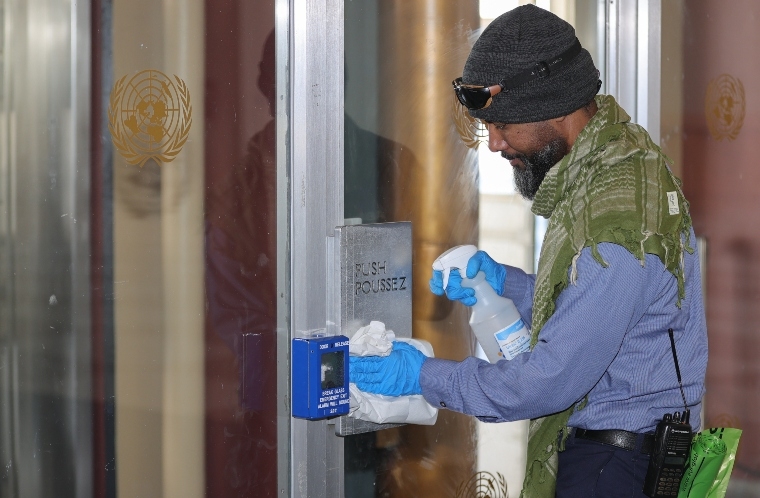The coronavirus, officially known as COVID-19, has swept across the globe after originating in Wuhan, China in December 2019, per the World Health Organisation.
Believed to have originated in a fish market in Wuhan, the virus is zoonotic, meaning it can affect animals and humans alike. The first people diagnosed with the disease all had connections to the same wet market in Wuhan, the Telegraph reports.
These are the symptoms of the coronavirus:At the time of writing, per the WHO live dashboard, there have been a confirmed 113,672 cases of coronavirus and 4,012 deaths across 110 countries.
Symptoms of the coronavirus include fever, cough, and shortness of breath, per the Centre for Disease Control and Prevention (CDC), and they can appear between two and 14 days after exposure.
Now, the CDC has issued a detailed outline of what you should do if you suspect that you've contracted COVID-19.
1. Stay at home unless you need urgent medical care
If your symptoms are mild, you will be asked to self-isolate at home, with the exception of going to seek medical care. This means avoiding all public areas and transportation.
2. Separate yourself from other people and animals in your home
An important part of self-isolation is avoiding other people in your home. If possible, use a separate bathroom. It's also a good idea to limit your contact with any pets, which have also been known to contract the virus.
This video provides more information on self-isolating: 3. Call before visiting your doctor
You should not under any circumstances turn up to the Emergency Room unannounced. If you require assistance, call ahead so that the appropriate precautions can be implemented before your arrival.
4. Wear a facemask if you fall ill
If you're infected with the coronavirus, it is important to wear a facemask to prevent the spread of the illness to other people. You should also wear a facemask if you are caring for anyone who is unwell.
5. Cover your coughs and sneezes
You should cough and sneeze into a tissue before disposing of it promptly. After you have done so, thoroughly wash your hands.
6. Wash your hands often
On the subject of hand washing, it is one of the key protective measures against the virus. Hands should be washed for at least 20 seconds with soap and water, or gel with an alcohol concentration above 60%.
7. Don't share personal household items
Utensils should not be shared with other people in your home, and after using them, they should be thoroughly cleaned.
8. "High touch" surfaces should be cleaned every day
Surfaces that are touched on a frequent basis, including your cellphone, should be cleaned regularly. This is especially important for surfaces that may have bodily fluids on them like toilet seats.
9. Monitor your symptoms
Your symptoms should be closely monitored. If you find yourself becoming sicker, medical advice should be sought immediately. The health department should also be notified if this happens.
10. Stay isolated until you're told otherwise
Anyone who is confirmed to have the coronavirus should remain in isolation until they are told that it is safe to leave. This can be established through regular dialogue with your healthcare provider.
